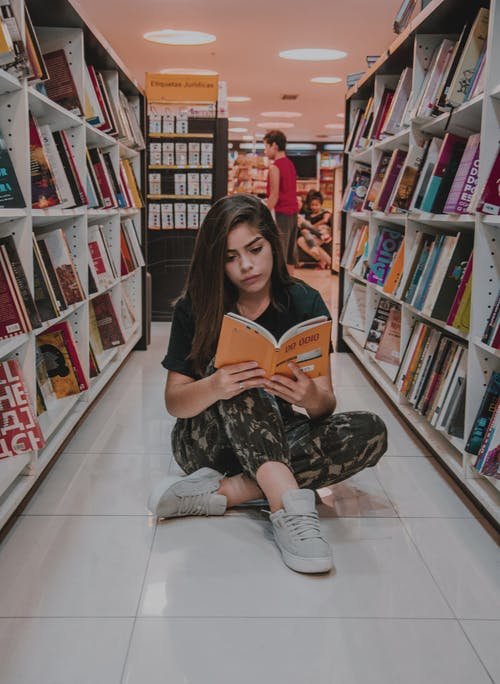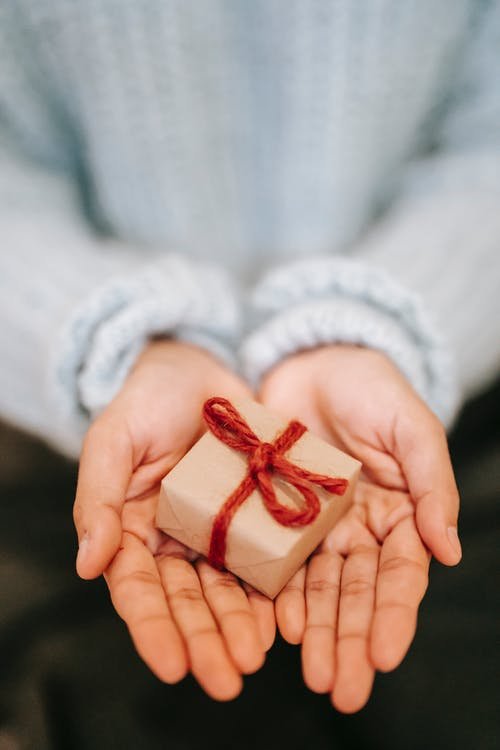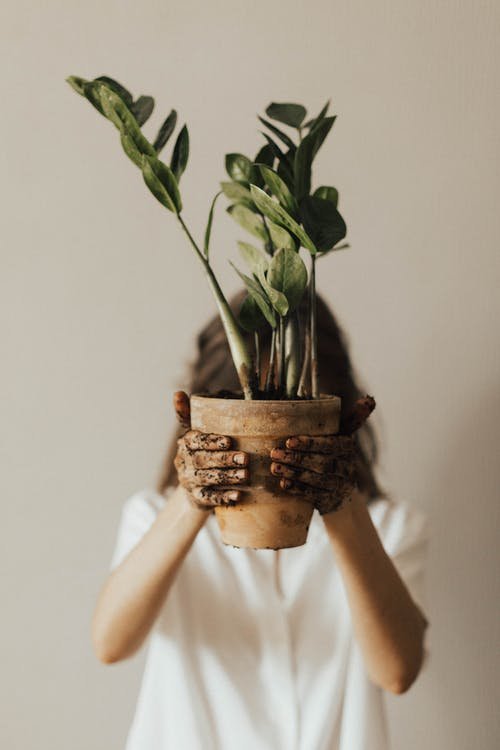Founder of NONA, Alex Theodorou, is usually found developing long-lasting products from waste material such as the NONA Ocean Clothes Peg which is made from discarded fishing nets.
During the pandemic, Alex discovered his love for slowing down finding that it taught him to appreciate the small changes we can make that can help protect our planet. Here, Alex shares his love for slowing down with 15 tips that everyone can do at home.
Art of Slowing Down.



The art of slowing down has become a much loved and followed movement, initially for the over-stressed and over-worked. Being constantly ‘plugged in’; checking emails, social media, running to and from meetings on screen or in real life left people frazzled and with little time left to enjoy the simple things.
‘The art of slowing down has huge benefits for our mental health, increases productivity, and give us the gift of time to spend with loved ones. Another benefit of slowing down is that we’re also lessening our own impact on the planet. By slowing down, it gives us the time to think, this extra thinking time allows us to become more conscious, and to enjoy the process or the challenge of limiting our impact, and the rewards of making those positive changes. Change doesn’t have to be big, it just has to be positive, after all, many small changes make a big difference.’
Here are some slowing down tips that will benefit both you and the planet:
Join a library instead of buying books; enjoy the journey to the library, see it as ‘your time’, and spending your time perusing the shelves might introduce you to books you wouldn’t have found online. And by not buying books online you’re saving the carbon involved with its production, collection, storage, and delivery to you.
Wrap gifts in used wrapping paper or fabric and tie with ribbon; both are reusable and prettier than paper and sticky-tape (which is a single-use plastic). You can cut the inside hanging ribbons out of your clothes to use as tag ribbons, and your own birthday and Christmas cards can be cut into tags for presents.
Hang clothes outside; if you’re lucky enough to have some outside space then you can hang your clothes outside to dry instead of using a tumble dryer which saves huge amounts of energy and gives you an excuse to be out in the garden for 15 minutes. And if you use NONA pegs then you’re saving the oceans too as we make our pegs from retired fishing gear that would have otherwise littered the oceans, gone to landfill or been incinerated.
Buy local, or better still, grow your own food, so energy is not wasted on transportation. And if you don’t have much outdoor space or none at all, you can still grow your own, this website is great for people getting started www.foodprint.org
Say no to fast fashion; try and employ the three Rs when it comes to your clothes, Reduce – do you really need that new top, Reuse – if you really need it you’ll be able to find it second-hand, Recycle – you could sell unwanted clothes on Depop, Vinted or eBay, host a clothes swapping party, repurpose your unwanted clothes into new items, or even into cleaning cloths.
Switch your energy supplier; by switching to renewable energy you will save the planet and money and you don’t have to make any changes to your home, visit www.bigcleanswitch.org to compare the best green energy suppliers.
Donate your leftover paint to a community project; in the UK, we fail to use 6.2m litres of the paint we buy each year.
Slow down. Driving at 50mph uses 25% less fuel than 70mph. And try to keep your car on the road for as long as possible, the energy used to manufacture a car outstrips the energy it uses in its entire lifetime, plus all the materials and energy to strip down and either recycle or go into waste. When your car finally does come to the end of its life consider an electric car instead, check out www.electrifying.com for inspiration and reviews.
Switch to LED; When your light bulbs blow, swap them for LED bulbs, they’re the most energy-efficient bulbs using 90% less energy than traditional incandescents and can pay for themselves through energy savings in just a couple of months. Plus, when your LED bulbs eventually blow you can recycle them, simply find your nearest drop-off site online.
Reducing your meat; an easy way to live more sustainably is to reduce your meat, fish and dairy intake as these industries increase your carbon footprint drastically. Think quality not quantity, and buy sustainably sourced, free range and organic options.
Buy second-hand; when you need something for your home or garden such as new furniture, a tool, a plant, or product, try to find it on sites like Facebook Marketplace, Gumtree, or eBay. By reframing your mind to not automatically head to the shops when you need something, you’ll not only help the environment but you’ll definitely save money and have a more individual style that doesn’t look the same as everyone else!
Reduce your single-use plastics; it’s easier than you think to reduce the amount of plastic in your home. There are so many brilliant companies out there that offer pretty much any household item you can think of plastic free from cotton buds to kitchen sponges, toilet roll and shampoo, just browse on Instagram or Google and you’ll soon fall in love with a new plastic-free alternative to your usual products.
Grow plants to give to friends instead of cut flowers; that way you’re giving your time as well as flowers, and you can rest easy not contributing to the overseas cut flower market. Most cut flowers are imported, giving them a high carbon footprint.
Use those takeaway tubs; we’ve all got more than we know what to do with, they make for great food storage containers, lunch boxes, housing screws as shed tidies, and if you still have some left then contact your local school or artist group on social media, as they make for great paint tubs and containers for crafting.
Use those takeaway tubs; we’ve all got more than we know what to do with, they make for great food storage containers, lunch boxes, housing screws as shed tidies, and if you still have some left then contact your local school or artist group on social media, as they make for great paint tubs and containers for crafting.
Try to keep items as long as possible, repair or upgrade where you can, YouTube is an amazing resource on how to repair almost any object you’ll be amazed what you can achieve with a bit of glue.

